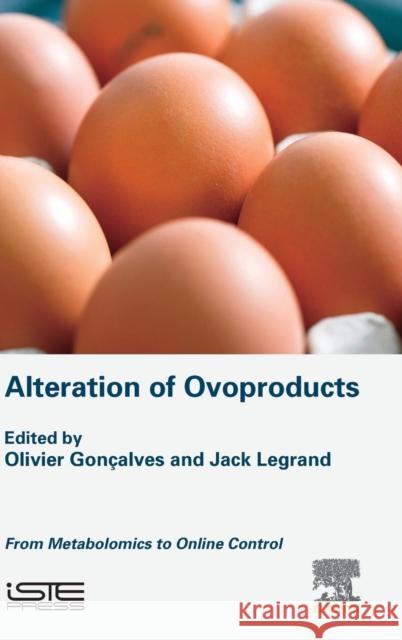Alteration of Ovoproducts: From Metabolomics to Online Control » książka
topmenu
Alteration of Ovoproducts: From Metabolomics to Online Control
ISBN-13: 9781785482717 / Angielski / Twarda / 2018 / 302 str.
Kategorie:
Kategorie BISAC:
Wydawca:
Iste Press - Elsevier
Język:
Angielski
ISBN-13:
9781785482717
Rok wydania:
2018
Ilość stron:
302
Waga:
0.61 kg
Wymiary:
23.11 x 15.75 x 2.29
Oprawa:
Twarda
Wolumenów:
01











